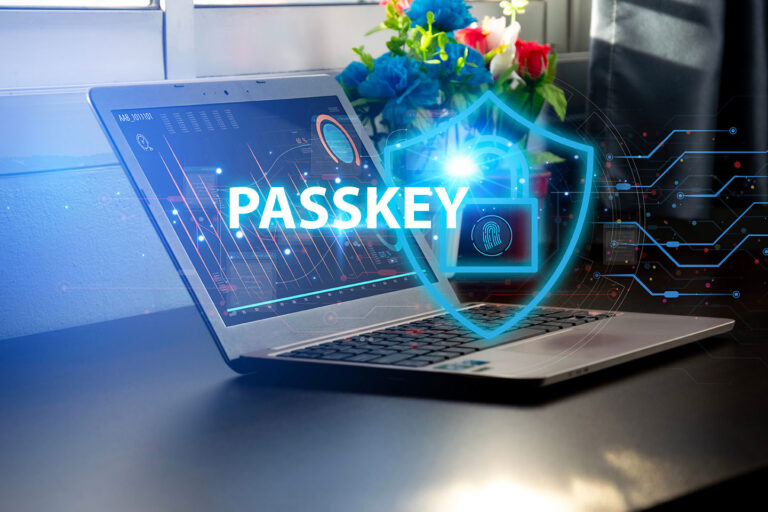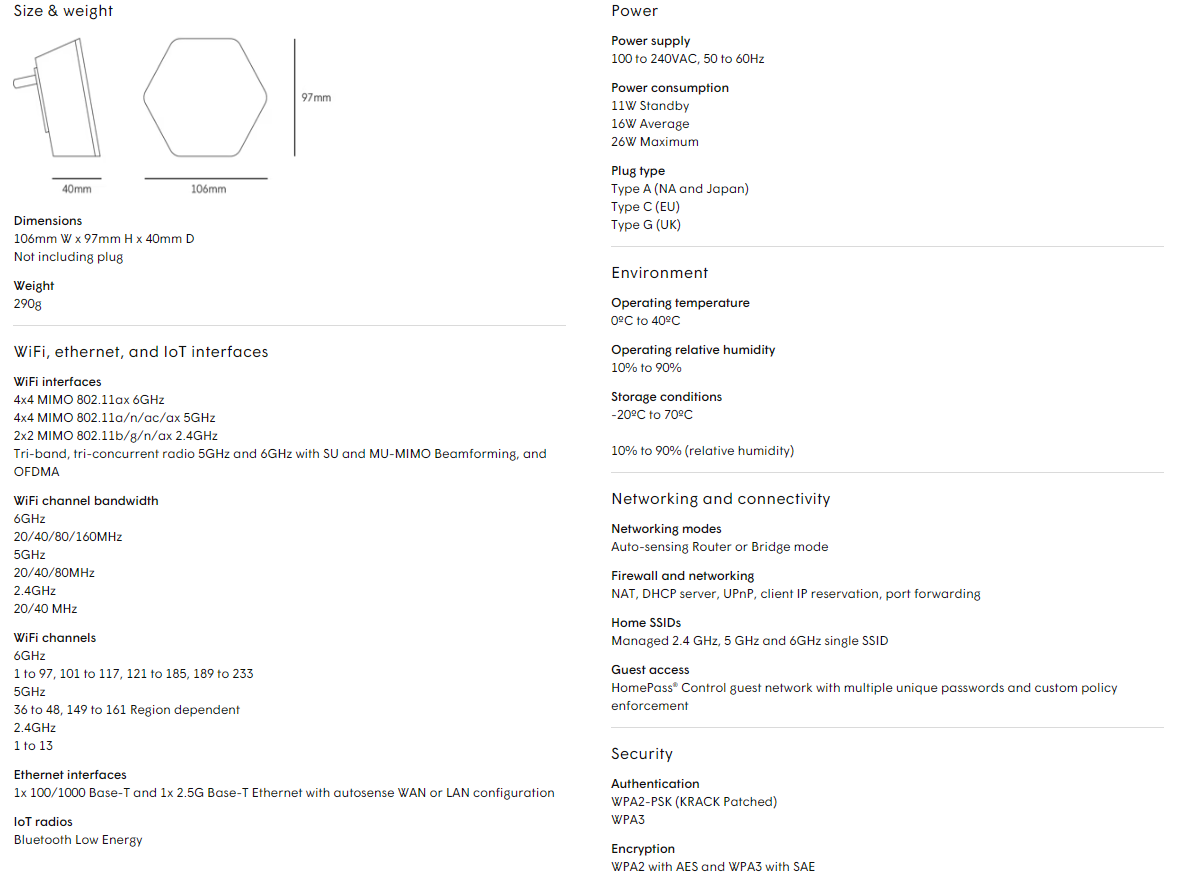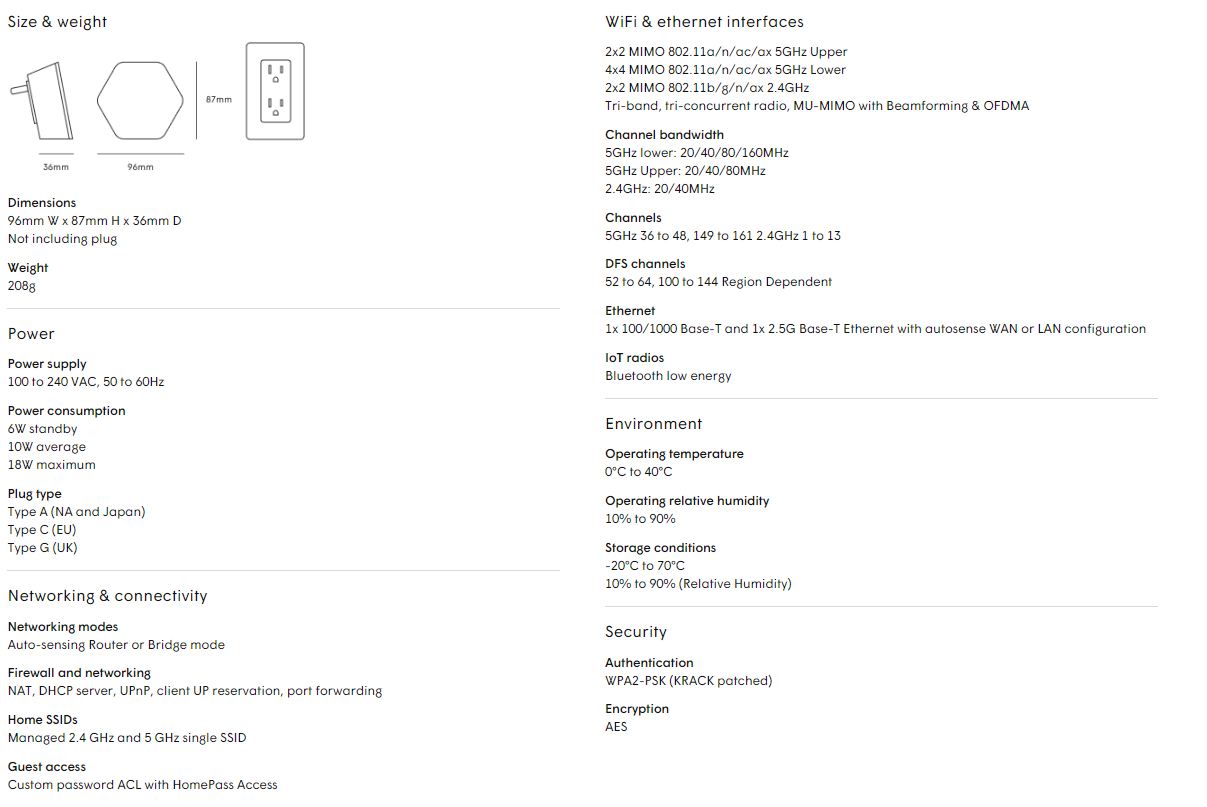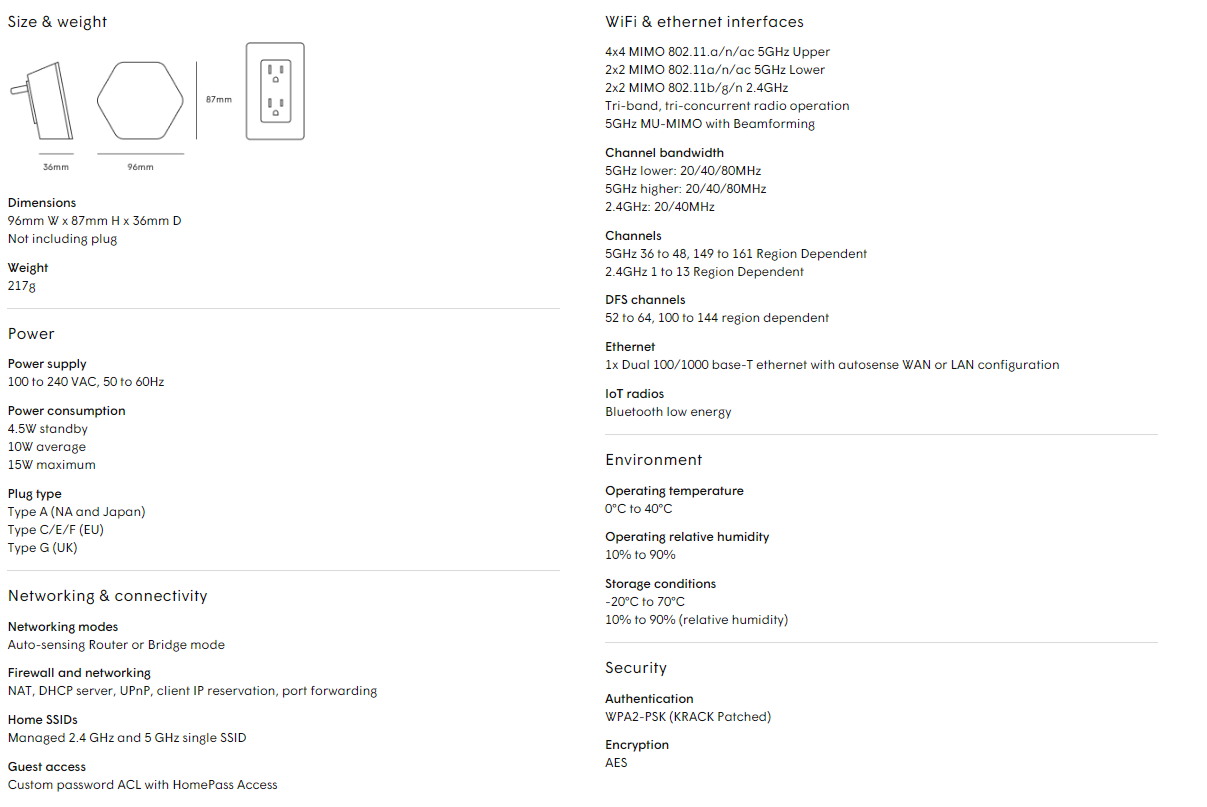In the vast expanse of cyberspace, where innovation meets nefarious intent, cybercriminals continually devise new methods to ensnare unsuspecting victims. A recent scam has emerged as a stark reminder of this reality, leveraging the allure of gaming to propagate malware and compromise personal data.
The modus operandi of this scam is deceptively simple yet alarmingly effective: cybercriminals infiltrate video gaming websites and forums, stealthily seeding malicious links within the comment sections. These links promise access to a program known as Cheat Lab, purportedly designed to grant gamers an unfair advantage in their favorite games. However, beneath its veneer of legitimacy lies a potent threat to users’ cybersecurity.
Upon clicking on the enticing link, unsuspecting users unwittingly initiate the download of a .zip file containing the Cheat Lab software. Despite its claims of enhancing gameplay through cheats, the program serves as a Trojan horse, granting cybercriminals unauthorized access to sensitive personal data.
The deception doesn’t end there. Upon installation, Cheat Lab presents users with an activation code, fostering the illusion of legitimacy. Moreover, a message within the program tempts users to spread the malware further under the guise of offering a free version to friends. This insidious tactic not only compromises the original victim’s data but also puts their friends at risk of cyber intrusion.
To safeguard against falling prey to such malicious schemes, vigilance and skepticism are paramount.
Here are three essential tips to avoid becoming a victim of the Cheat Lab malware scam:
1 – Exercise skepticism:
If an offer or deal seems too good to be true, it likely is. Remain cautious of links promising free products or services, especially when encountered in unconventional contexts like comment sections.
2 – Verify the source:
When downloading software, always prioritize reputable sources. Legitimate companies do not distribute their software through unsolicited links in comments. Only download software from trusted sources to mitigate the risk of malware infection.
3 – Think before clicking:
Whether you’re a gamer or not, exercise caution when interacting with links online. Take a moment to evaluate the legitimacy of the source and the potential risks associated with clicking on the link.
While this scam targets gamers, its underlying tactics serve as a sobering reminder of the pervasive threat posed by cybercriminals. By remaining vigilant and informed, we can collectively combat such threats and safeguard our digital well-being. Remember, a moment’s hesitation could spare you from the perils of cyber intrusion. Stay safe, stay vigilant, and stay informed.
At Citynet, your online safety is our top priority. As part of our commitment to providing comprehensive protection, we are pleased to offer security awareness training from industry leader KnowBe4. This training equips your staff with the knowledge to recognize and thwart the latest threat tactics, ensuring their security both professionally and personally. Stay informed, stay vigilant, and together, let’s create a secure online environment.








